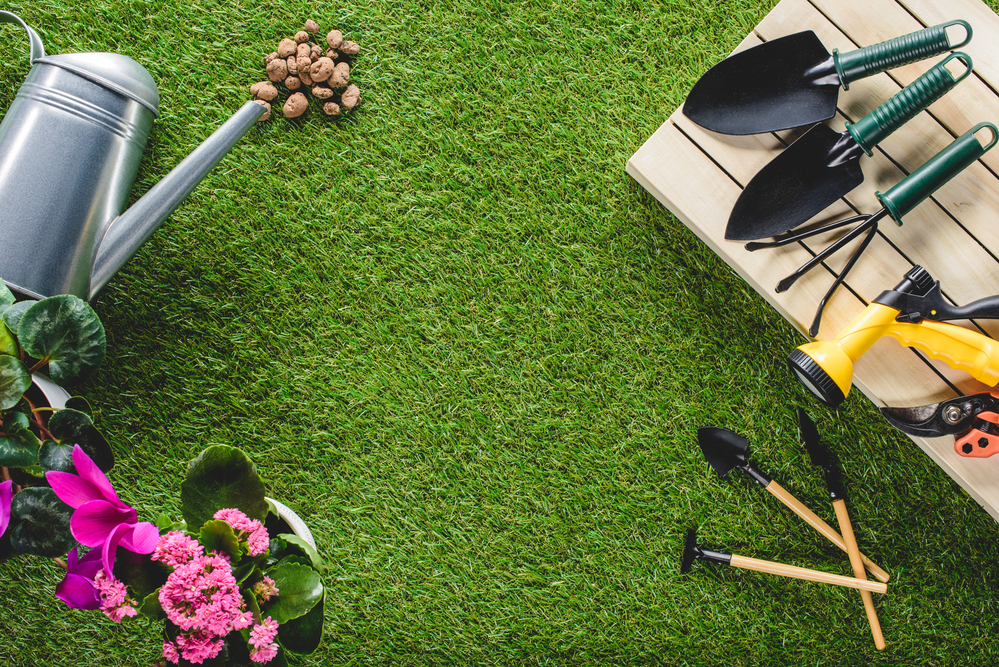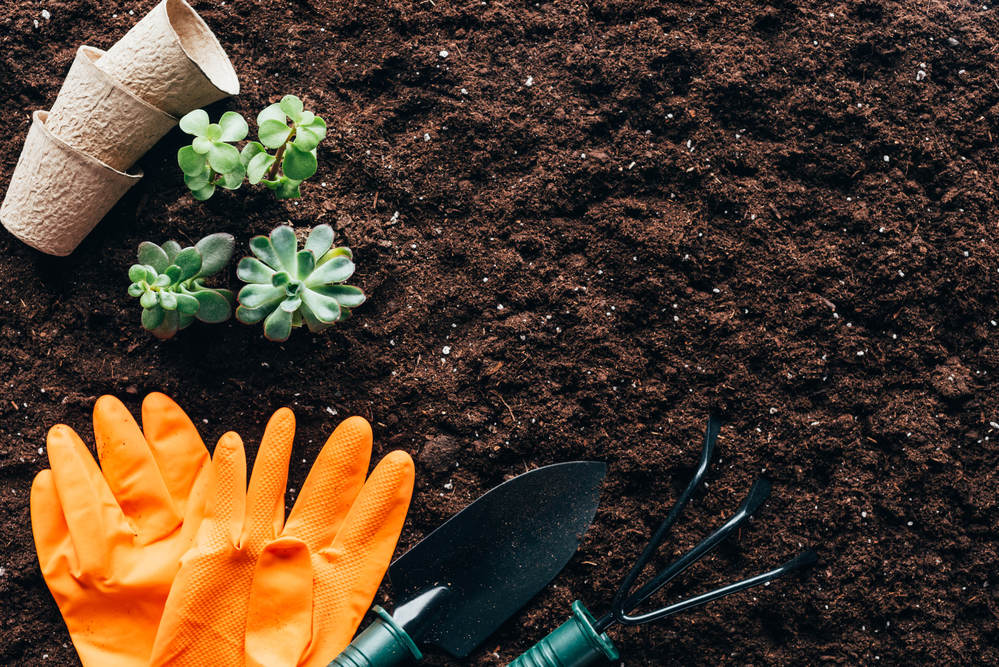
How to protect your garden from pests
There is nothing worse than painstakingly planning and planting herbs, flowers, and vegetables in your garden, only for them to be destroyed completely by annoying insect pests.
If you are a keen gardener, you will be all too familiar with the seemingly never ending battle between you and garden pests and if your getting into gardening for the first time you will be soon.
No matter if you are looking to finally take control of a battle that has raged between you and garden pests for years or are planning to start gardening soon and want to ensure your green fingered plans are not derailed by creepy crawlies, you have come to the right place.
With so much to think about when it comes to gardening, from seasonal changes to ensuring that you plants have the food, water, and conditions that they need to thrive, it is easy to overlook pest control as a priority. You do so at your peril however, as pests are prolific in their destruction of vegetable patches, flower displays, and much more besides.
Here are just a few tried and tested strategies recommended by Bolton Pest control experts for dealing with common garden pests that you can employ in your own garden to help you take back control.
Tip 1 – Interplant

Many pests are actually pretty picky about what the feed on and by interplanting different crops with each other, it can be difficult for them to determine which is which. The best way to confuse insect pests is to plant different coloured vegetable and plants in close proximity to each other, whilst, of course, leaving enough of a gap between each one for sufficient growth to occur.
Diversity is the spice of life but not something that pests are particularly keen on, and the more diverse your garden is, the better.
Tip 2 – Grow plants off the ground
If pests can’t reach your crops, they are going to have a pretty hard time in destroying them.
Raised pots will make it a lot more challenging for slugs, worms, and other soil dwellers to target your crops and you can even keep your pots inside or covered at the earliest stages of growth to prevent the seedlings from being targeted by pigeons, starlings, or other birds.
Once they have grown a big larger, they will be a lot more resilient, and able to withstand minor pest attacks more effectively.
Tip 3 – Install mesh
Working through a similar concept as raising plants off the ground, placing mash over your plants puts a physical barrier between pest and plant, and simply makes it impossible for them to reach and destroy your crops.
Pest netting comes in all shapes and sizes and lightweight insect or bird netting is ideal for use in domestic gardens.
Make sure that the netting you choose is not too heavy and can either be suspended over the plants or rest on top without crushing them or limiting growth. If you are unsure on which type of netting is best to use to deal with a certain pest species, contact a professional pest controller who will be able to assist you.
Tip 4 – Feed plants correctly

The stronger your plants are, the better placed they will be to win and survive the fight against bugs and other pests. Plants themselves have their own built-in defence mechanisms against many common garden pest species but they need your help to grow big and strong so that they can use them. If you are a seasoned gardener you probably have all the knowledge required to do this already but if this is your first time with a garden make sure to do your research on the types of soil that is best for each plant, and ensure that they have all the food, water, and organic matter that they need to thrive.
Tip 5 – Plant pest repellents
Many of the plants that are commonly found in UK gardens are attractive to pest species. However, there are also plenty that they aren’t so keen on, some they will leave well alone, and more still that they actively despise.
Plants such as mint, lavender, chives, and lemongrass are just some pest repelling plants that it is a good idea to have in and around your garden. If you plant these herbs close to those crops that are the most susceptible to insect attacks, you will be a long way towards creating a pest free environment in your garden. Even better, many flowers and plants that pests hate are highly attractive to other more appealing insects that help your garden to thrive rather than having a destructive presence. After all, you don’t want a garden with no insects at all!
